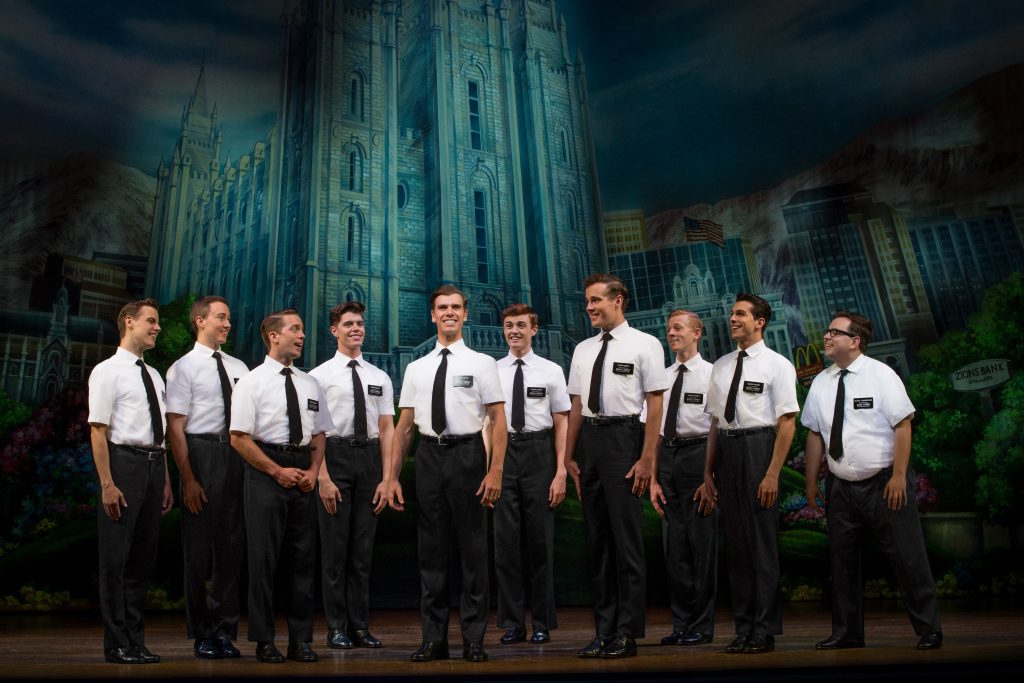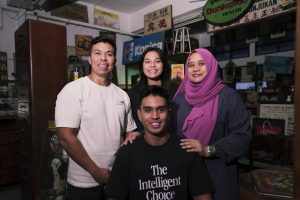Like all dreams, it began in the middle. Parachuted into the school hall, stuck behind an exam desk or amongst faceless students waiting to collect their results. I was always in school uniform.
Next, the lurch. The Mathematics or Chemistry (or both at once?) paper dissolved into unintelligible scribbles, and it felt like I’d been slacking off for an entire decade. Or I received a results slip spelling out “dishonour on your family”; 12 years of formal education going down the drain.
It was like sinking into a quicksand of despair.
Then, I woke up. Staring at my ceiling fan with cold sweat around my neck, I would think to myself:
Fuck, I finished A levels three years ago.
Like every Singaporean student, I’ve taken my fair share of national exams. Though I’d like to believe that grades don’t matter—and many don’t have the privilege to think this way—they do.
Our collective narrative of meritocracy has spurned generations of children who throw themselves into the fire of the midnight oil. And our competitiveness and neurotic obsession with national exams has left a deep trauma in our national psyche.
Few stories explore the nuance of trauma as well as The Book of Mormon.
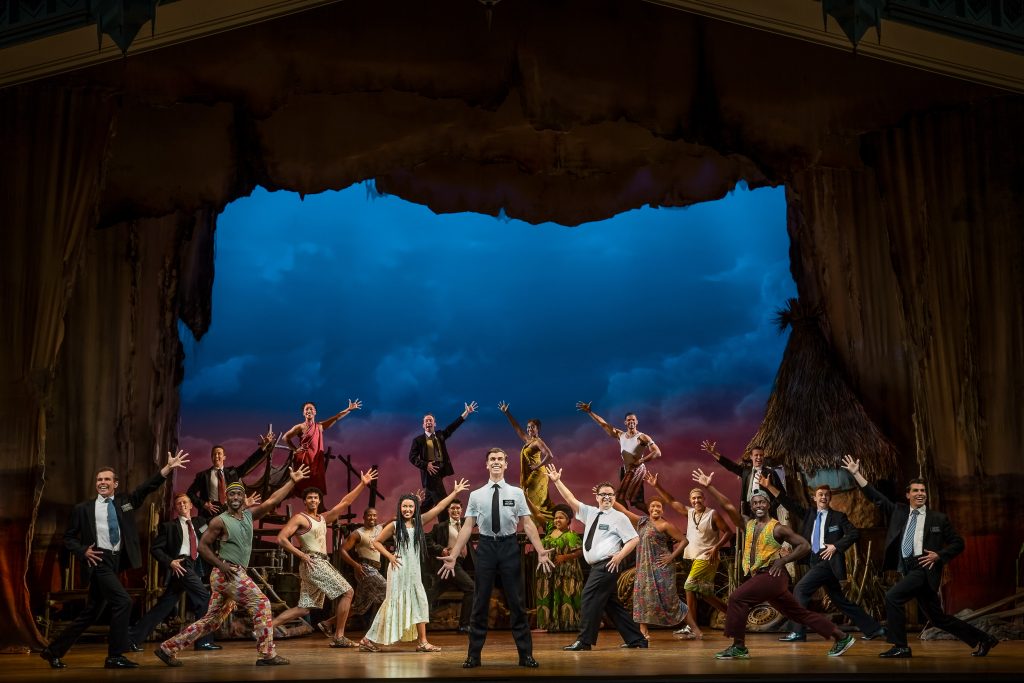
His partner Nyk Bielak—who plays Elder Cunningham—is a little more reserved. He frames the musical as a modern day satire with a classical storytelling structure and a South Park twist (both shows share the same creators).
The plot follows Elders Price and Cunningham, two Mormon missionaries sent to Uganda. There, they attempt to convert an African village under the thumb of a bloodthirsty warlord. Shenanigans ensue.
At 200 years old, Mormonism is a wee baby compared to other faiths. It’s been ridiculed as a cult, and it’s easy to dismiss it, from their laughably formal dress code and mannerisms to its interpretation of Christian scripture.
But because Mormonism is so young, its naiveté provides a lens that we take for granted with the older “world religions” that seem so entrenched in our culture. Many might think that Mormonism’s stories are silly, and their rituals bizarre. But, in a way, isn’t this true for all religions?
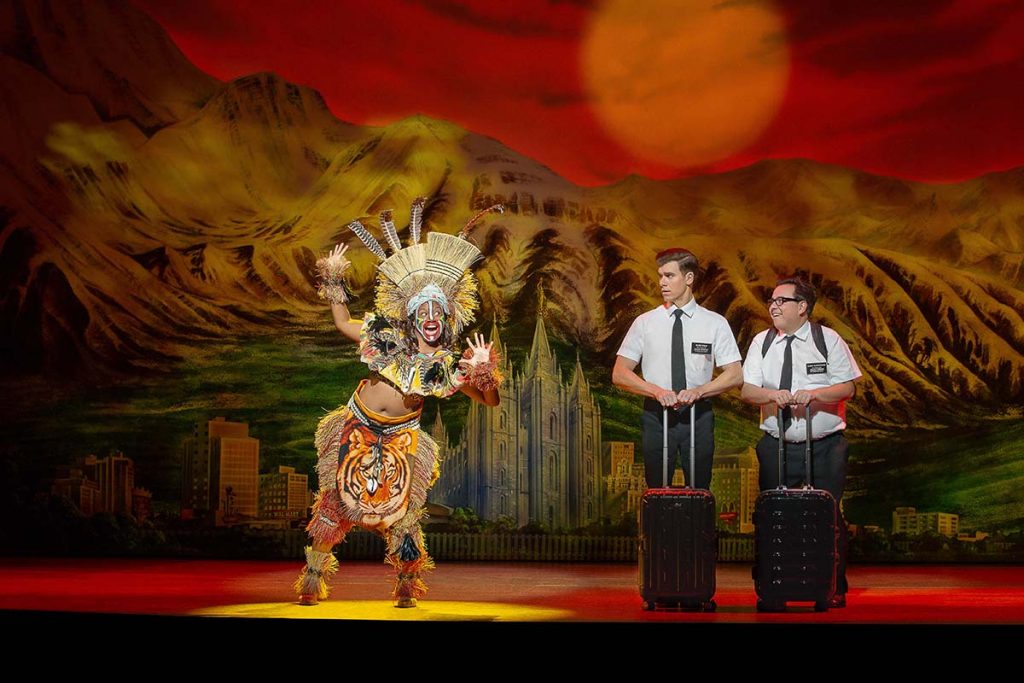
But it’s their supernatural elements that conflict with our scientific understanding of the world. For example, the Big Bang Theory conflicts with the Genesis narrative in Abrahamic faiths, or the various Hindu cosmologies. Literal readings are hard to defend, and nowadays many interpret these stories as metaphors.
Still, many fundamentalist adherents insist on literal readings, while others cherry pick passages or have diverging interpretations of the text. And it’s when these readings come into tension with reality—not just physical reality, but the inner truths of each person—that these stories do more harm than good.
The Book of Mormon shows how trauma is formed through taking certain stories too seriously. Elder Price becomes disillusioned after realising he’s not getting his promised holy rewards—which was his reason for becoming a missionary. Then, he’s greeted by a ‘Hell Dream’ detailing his eternal afterlife suffering after breaking a trivial Mormon rule: walking out on his partner.
By fixating on the unhealthy aspects of his religion, Elder Price—as well as the other missionaries—find themselves haunted by their inability to live up to these expectations.
Just like these fictional Mormons, Singaporeans have exam nightmares because of how afraid we are of failing. We’re sucked into a spiral of competition with neighbours boasting, relatives comparing, parents’ expectations, PSLE cut-off points meticulously collated and disseminated.
Somewhere along the way, the virtues of resilience and discipline got replaced by the mania and resulting anxiety of chasing good grades. We bleed ourselves at the altar of meritocracy, sacrificing our sanity to the Lovecraftian Bell Curve God.
The musical teases us with a buffet of terrible coping mechanisms, from suppressing your emotions to lying to others. But none of these actually address the root of trauma, or tell us how our stories can better serve us.
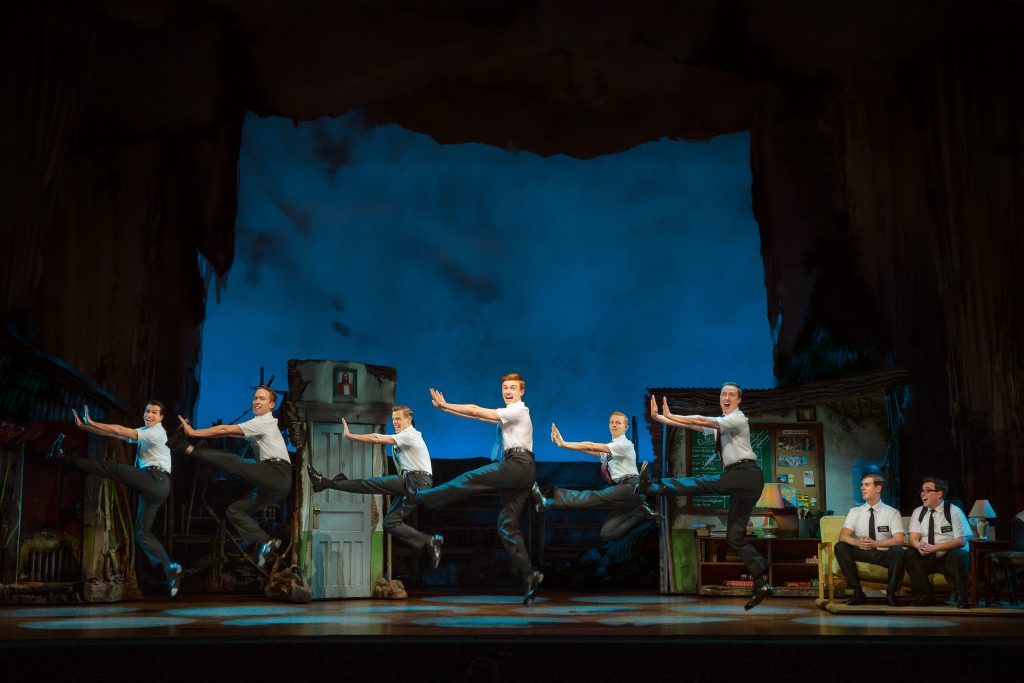
On the surface, a satire on religion might not be well received, especially not in Singapore where such delicate topics seem taboo. But part of the humour comes from hyperbole.
Mormonism in the musical is a distorted, funhouse mirror caricature, just like how Singapore Social obviously doesn’t represent Singaporean life (I find it’s most tolerable if you watch it as a comedy).
Instead of angering Mormons, many of them have found a source of pride in their religion being the subject of a major musical. The official stance from The Church of Jesus Christ of Latter-day Saints has been balanced, and even positive in how they’ve banked on the musical’s success to further proselytise.
The crude jokes lend an extra dimension to the play. It’s inappropriate, but none of it is gratuitous. Each punchline is delivered in service of the setting, its characters, or the plot.
Florid descriptions of the AIDS-ridden village and maggot infested scrotums highlight the terrible living conditions in Africa. Framing a religious ritual as a blasphemous sexual encounter encapsulates the awkward yet excited emotions between the two characters carrying it out.
Religion presents itself as a PG13 Disney fairytale even though our gritty reality is more similar to a HBO original series. All the musical does is expertly navigate this tension by releasing it as laughter.
“Any faith taken literally becomes problematic because as time moves on and humanity evolves, faith also moves on,” Blake tells me.
“You need to be able to laugh at yourself,” Nyk adds. “There’s so many written things that are old and customary and you can’t take it completely seriously.”
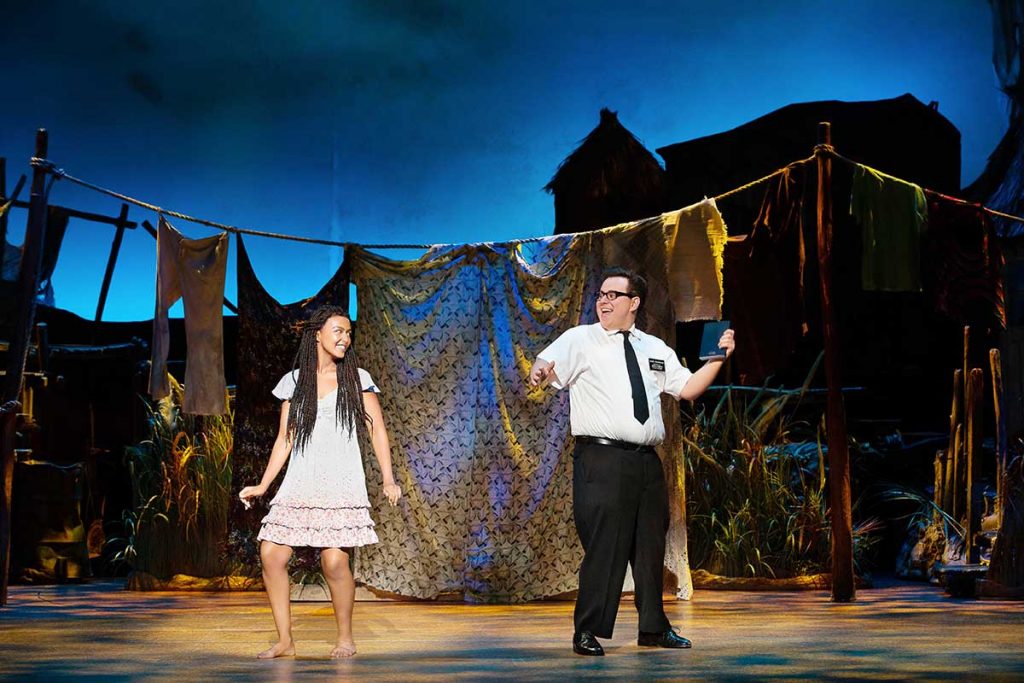
This is the true value of stories when they become a mirror to trauma: community.
Religion becomes the glue for communities to form around. If you think of it, cell groups and fellowships are really just book clubs, and it’s not really the book that matters.
Faith is a platform to be vulnerable, to air our grievances and process our traumas in a safe space. By reaching out to like-minded people, we can find support and solidarity amongst others who genuinely care for us. And there are many who prefer this tight-knit camaraderie, away from the pageantry and pomp that often accompanies organised religion.
Even the stories matter too, regardless of how real they are. You don’t have to believe that Hogwarts is real and that Emma Watson is Hermione in order to learn about courage, trust, and love. Even the villagers understand this, knowing that Cunningham’s stories were obviously fiction, but using it as a metaphor to provide life lessons.
Blake grew up Roman Catholic and Nyk was raised Ukranian Orthodox, and both have gained a newfound appreciation for faith through working on the show. Even as some aspects of scripture might not apply to us anymore, there are still things in it that we can learn from.
“That’s what faith always has been, in every incarnation and every society,” Blake tells me.
“It’s a guide.”
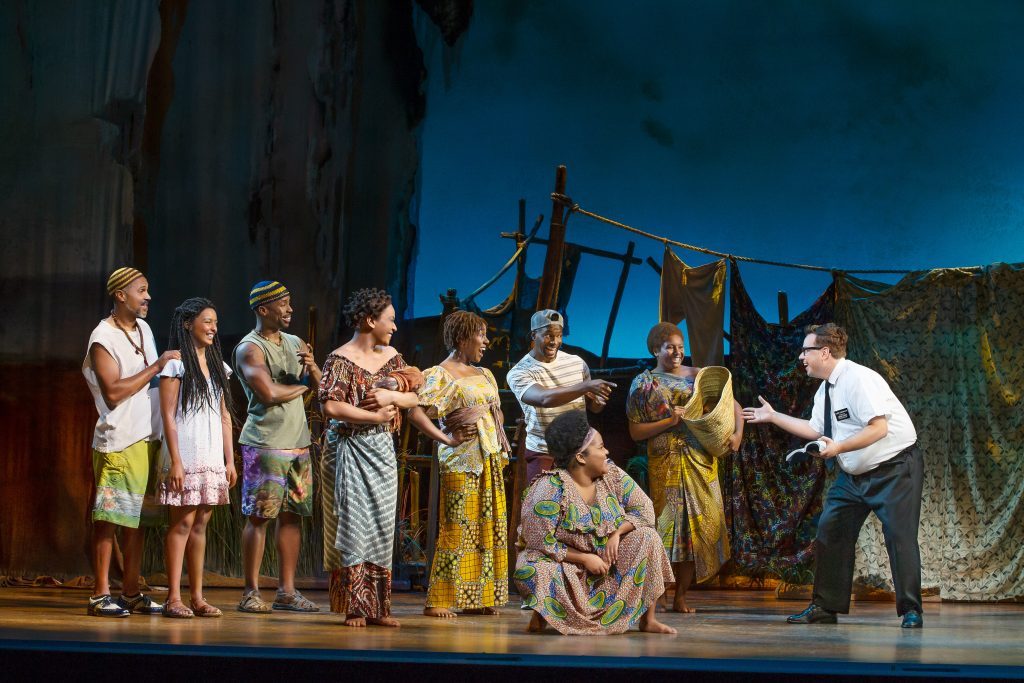
In between lectures, tutorials, and suppers, we learned more about each other. And we found ourselves bonding over our shared national trauma, a touchstone we could all relate to.
We’d reminisce about old exams as we struggled towards new ones; laughing, crying, and sketching our paths as we hustled to get into university. We were retainees, A-Level re-takers, IP students, Poly graduates, dropouts. And yet we all ended up in the same place.
By the end of the year, the nightmares stopped.
You don’t have to be Mormon or Singaporean to have trauma you’d like to work through. Come commiserate with us at community@ricemedia.co.

